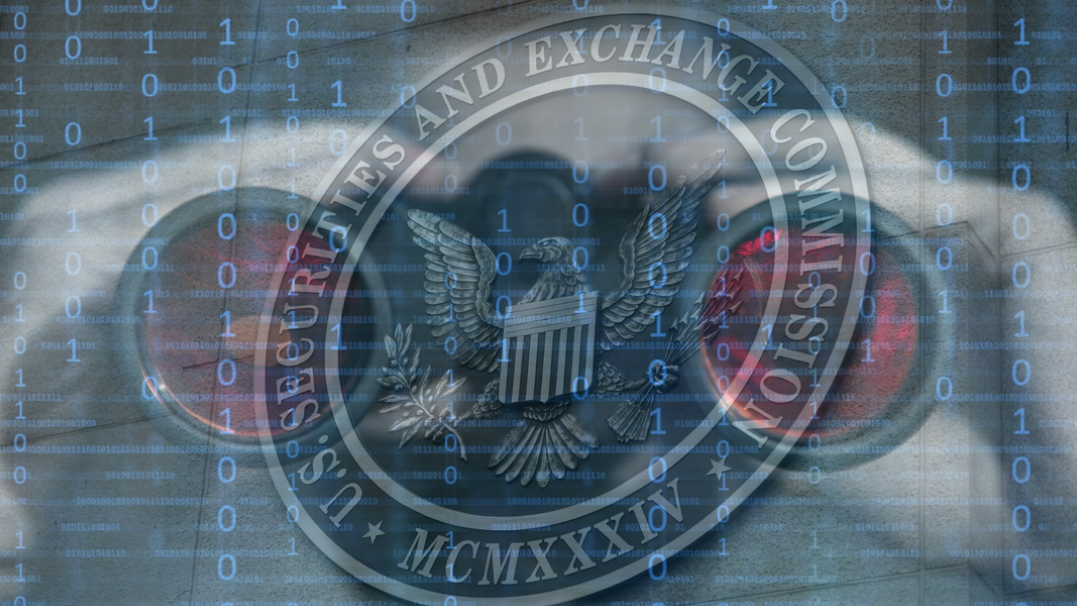CONCERNED ABOUT CERN: THIS TIME IT’S AN AI…
by Joseph P. Farrell, Giza Death Star:
 I’ve been writing off and on on this site, and in one of my books (The Third Way), about my concerns about CERN and its Large Hadron Collider. My “scenario” of wild high octane speculation with respect to the organization and its multi-billion dollar toy has been two-fold (1) that the collider is as much about higher dimensional physics as it is about particle physics, and that as such, it might introduce effects in the planet itself, or possibly even the Sun, through hitherto unknown resonance effects, and (2) that if it was intentionally, though covertly, exploring such effects, that it would have to have, by dint of the case, a massive computing power to do “data correlations” of collider activity with seemingly non-related events: solar activity. terrestrial magnetosphere behavior, even aspects of aggregate human behavior like markets and so on.
I’ve been writing off and on on this site, and in one of my books (The Third Way), about my concerns about CERN and its Large Hadron Collider. My “scenario” of wild high octane speculation with respect to the organization and its multi-billion dollar toy has been two-fold (1) that the collider is as much about higher dimensional physics as it is about particle physics, and that as such, it might introduce effects in the planet itself, or possibly even the Sun, through hitherto unknown resonance effects, and (2) that if it was intentionally, though covertly, exploring such effects, that it would have to have, by dint of the case, a massive computing power to do “data correlations” of collider activity with seemingly non-related events: solar activity. terrestrial magnetosphere behavior, even aspects of aggregate human behavior like markets and so on.
That computing power is known and admitted by CERN. In fact, much of that computing power consists of programs – algorithms – to scan the billions of particle collisions occurring in the collider, and selecting those interesting enough for scientists to examine. In other words, the first filter-observations are made by a machine, not by humans. That fact led me to speculate about the possibility that there could be “secret algorithms” known only to a very narrow circle of scientists that would pull data from these speculated “data correlations” to look at it. In other words, I was (and still am) speculating that CERN is at least a two level concern (not to coin a pun): a public “particle physics” one, and a more secretive (2) data correlational one.
With that in mind, consider the following article shared by Mr. S.D. about CERN’s latest project:
An Advanced AI Has Been Deployed to Fight Against Hackers
Consider the implications of the following:
The LHC and CERN itself require a massive amount of data storage and computing power, which is what prompted the creation of the Worldwide LHC Computing Grid. The grid connects computers in more than 40 countries from more than 170 research facilities, and works like a power grid to some extent, providing computing resources to facilities based on demand. This presents a unique cybersecurity challenge: keeping the massive globally-distributed grid secure while maintaining the computing power and storage unimpeded.
Machine learning can train a system to detect potential threats while retaining the flexibility that it needs to provide computing power and storage on demand. F-Secure senior security researcher Jarno Niemelä told Scientific American that the biggest challenge for the project will be developing algorithms that can accurately distinguish between normal and malicious network activity without causing false alarms. For now, the AI upgrades are still being tested. If they work well protecting just the part of the grid that ALICE (A Large Ion Collider Experiment) uses, the team can deploy AI cybersecurity measures throughout the system.
At just the surface level, what CERN is admitting to is the implementation of a distributed AI throughout its distributed computer network. This alone intrigues – and worries – me, for I and many others have speculated that such a distributed network could “transduce” or “invoke” a consciousness in a Musk-style scenario. Possibly, perhaps. The CERN’s concern, or perhaps (taking the CERN out of concern, CERN’s con) here is “hacking.” Ponder that one for a moment.At one level it makes perfect sense; CERN would be understandably concerned about malware and other internet-riding bugs gumming up its multi-billion euros works. But then there’s the problem of deliberate hacking. Suppose, for example, you are a young genius hacker, and you want to hack something. So what do you hack? Most of us, I assume, would choose things like banks, insurance companies, ATMs, databases of accounts and credit cards and so on, rather than a database ostensibly full of nothing but particle collisions or scientific papers full of their analyses.



